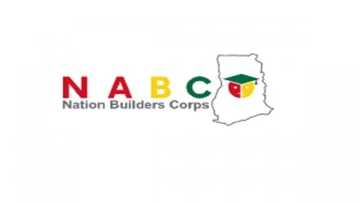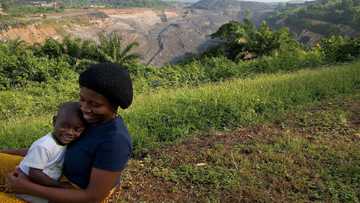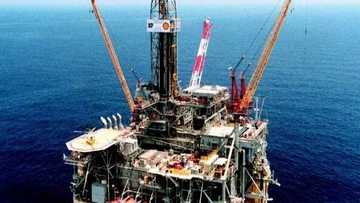Major natural resources in Ghana
Have you ever experienced the feeling of satisfaction? What do people mean when they say they are blessed? If Ghana could talk, she would be the perfect example of someone who is blessed and satisfied. Why so? Well, it is because of all the natural resources in Ghana. Looking at the Ghana map, you will realize Ghana enjoys a multitude of natural resources. The kind of resources that help fuel the economy by creating employment and also bringing the country a lot of revenue. You don't believe me? We all know that numbers don’t lie right? You will be surprised to find out that the mining of minerals in Ghana contribute 5% of the country's GDP. Not satisfied? Well, you might also want to know that 37% of the total exports by Ghana are minerals that are mined in the country. Let us look at the Ghana natural resources that are the greatest contributors to it's economy.
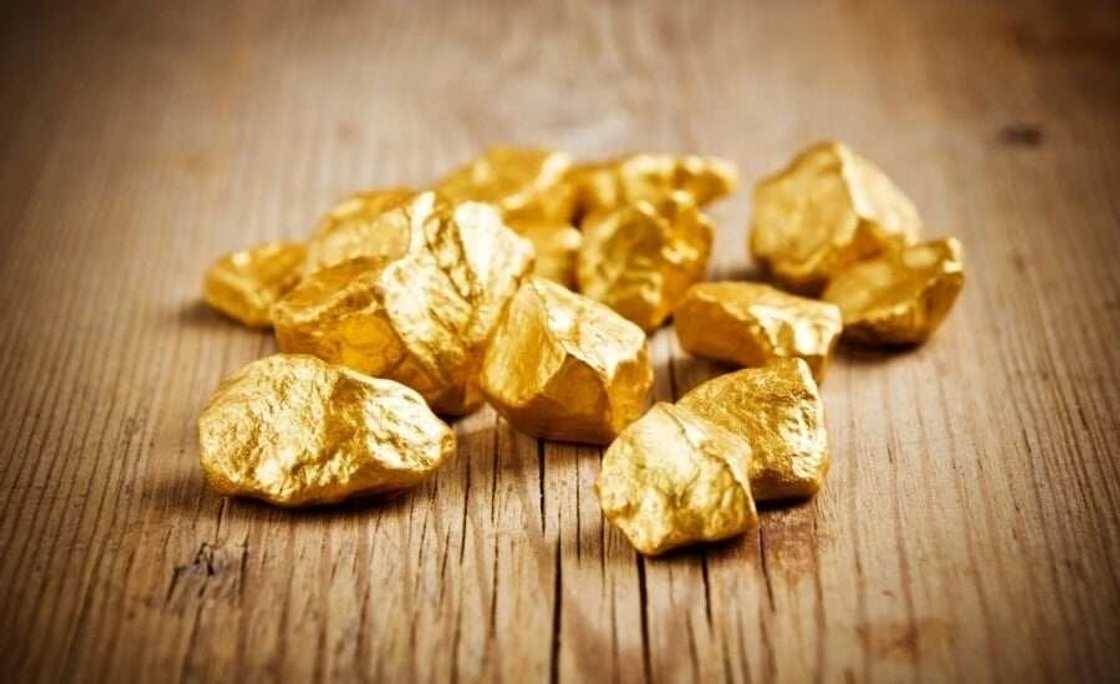
What are natural resources?
If you have ever wondered what is meant by natural resources then you are in the right place. Natural resources are materials or substances such as minerals, forests, water, and fertile land that occur in nature and can be used for economic gain. This now brings us to the next question, how have the natural resources impacted the Ghanaian economy? You should first realize that the mining industry in Ghana is a pretty huge deal. This is because Ghana is said to have 23 large scale and a little over three hundred small-scale mining companies that produce some of the major natural resources found in the country.
These minerals are mined and exported from the country. The minerals that Ghana exports are responsible for 35% of the total revenue that is collected by the government. The revenue collected from the mineral industry includes the tax charged on the employees working for the companies, corporate taxes from the companies and also through the payment of mineral royalties.
Natural resources in Ghana
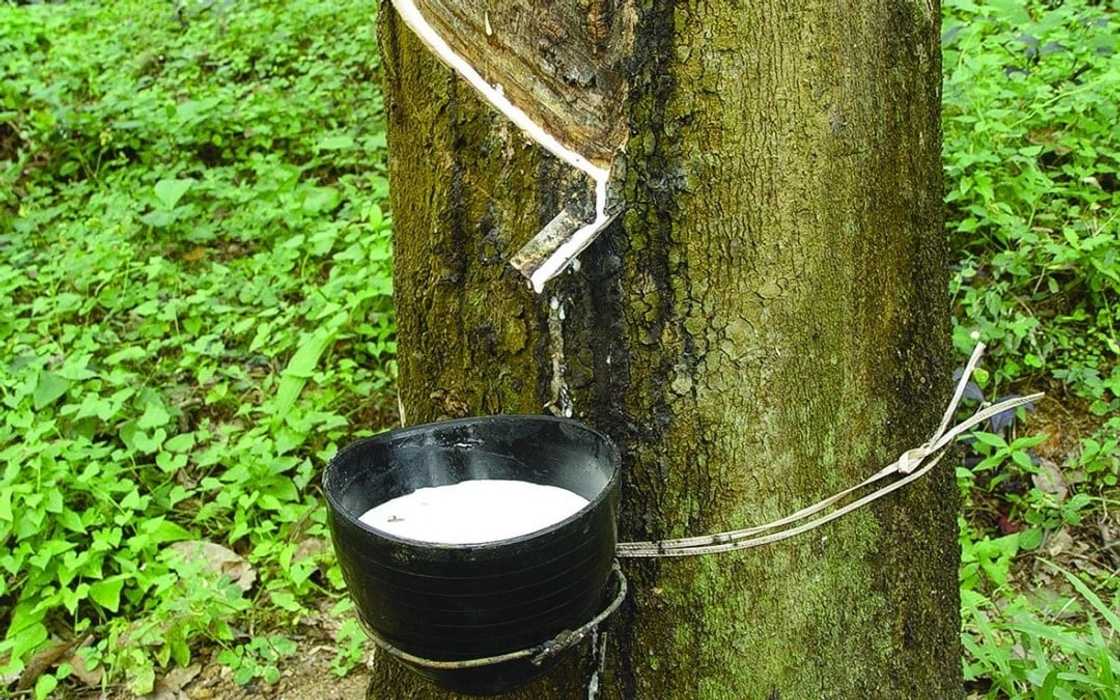
There are various natural resources in Ghana which have been and continue to be exploited. Some of the natural resources available in Ghana include gold, timber, industrial diamonds, bauxite, manganese, fish, rubber, hydropower, petroleum, silver, salt and limestone among others.
With all these natural resources, there are some bodies that have been set up to try and govern and put in check as well as create policies that help improve and sustain the mining industry in Ghana. They include;
- The Ministry of Lands and Natural Resources – The ministry has been tasked with the responsibility of overseeing the smooth running and to create rules that govern the mining industry. The Mines Department – This is the department that is tasked with ensuring that the health and safety standards required in the mining industry are upheld.
- The Lands Commission – This is the commission tasked with the legal aspect of mining by keeping legal records and examining new applications for mining industries.
- The Chamber of Mines – This is the body that mining companies’ representatives sit in.
- The Minerals Commission – This commission is tasked with recommending the mineral policies for investors in the mining industry
- The Geological Survey Department
- The Environmental Protection Agency – They are given the overall responsibility for environmental issues related to mining
List of natural resources in Ghana
1. Gold in Ghana
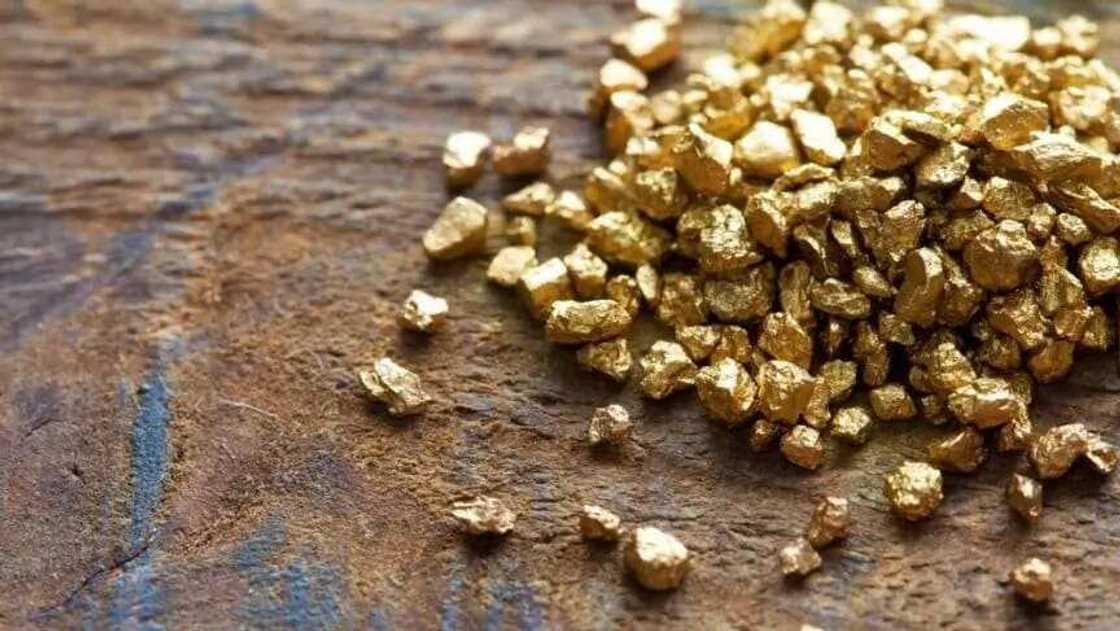
Do you think it was just by chance that the colonialists called Ghana the “Gold Coast” ? Well, if you did, let me correct you. Ghana was called the Gold Coast due to the large deposits of gold that are found in the country. Specifically, in the early 18th century, most of the gold that was coming from Ghana originated from the Ashanti and Western region. The gold from this two regions was mostly from the various underground mines and in the central region and Ashanti region, some gold came from the river beds in those regions.
Before this time, the Ashanti Goldfields Corporation(which the government had 55% in share capital) was the major gold producer in Ghana with only 20% of the gold in Ghana not being produced by them. Their share in the market would later be reduced by almost 30% as other players came into the market. The 18th century saw the gold industry in Ghana grow significantly. The ounces of fine gold would improve to over 1 million fine ounces in the year 1992. The following two years saw the government release its hold of the AGC by opting to put in the market half of its share capital in the company. The shares bagged a total of 250 million dollars which the government aimed at adding in its development agenda.
There are different mines across the region that are operated by different gold mining companies. The AngloGold Ashanti Ltd, one of the largest gold producers in the world, operates a number mines including the Iduapriem, the Bibiani, and the Obuasi gold mines. The Chirano gold mine is operated by Chirano Gold Mines Ltd. The company is a subsidiary of the Canadian owned Red Back Mining Inc company. There is also the Bogoso gold mine and the Wassa gold mine that is operated by a Canadian company; Golden Star Resources. Gold Fields Ltd which is a South African company controls the Damang gold mine and the US-based Newmont Mining Corp mine in the Ahafo and the Akyem gold mines.
Uses of Gold

Do you know why gold is so expensive? Well, it is because of the various ways in which you can use the natural resource. Gold is a very precious metal that conducts electricity, is not easily breakable and can take up many forms without it being destroyed. Looking at the examples of natural resources, gold is one of those important ones. Some of the uses of gold are;
- Jewelery
Do you know that over 70% of the gold that is mined in the world is used to make jewellery? This means that jewelery becomes the common form of gold that reaches consumers all around the world.
- Electronics
Due to the high level of electrical conductivity of gold, it is not strange to find electrical appliances made with some gold. It is found in almost all devices including mobile phones, televisions, HDMI cable and many more
- Use in dentistry
It is not uncommon to find a person with a gold tooth. The reason why gold is used in dentistry is that it is nonallergic and can be shaped easily and will not easily break.
- Wealth and currency
Gold has been and is still being used as a currency. You can see gold being traded in the stock exchange markets and some governments like the US use gold to hold all its monetary currency.
2. Diamond in Ghana
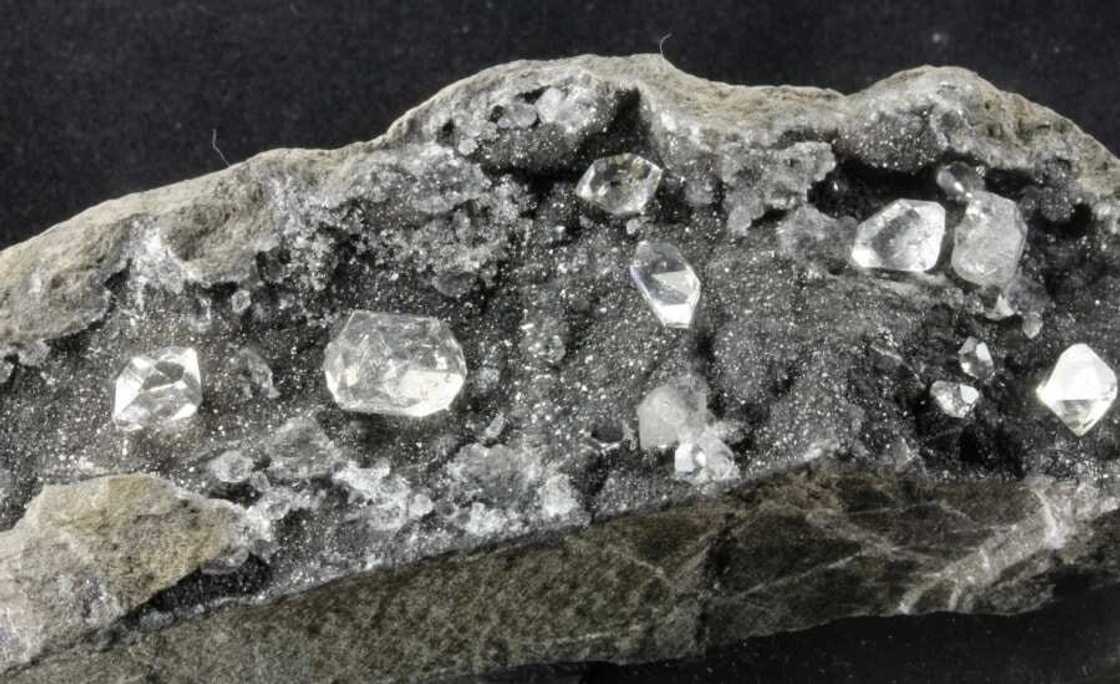
This important and highly valuable mineral was discovered by the small-scale miners. Looking at the map of Ghana you will see that Akwaita is located in the Brim Valley. Akwaita was where the diamonds were first found in Ghana. After the discovery, the government moved fast and established a diamond placer mine and operated the mine through the Ghana Consolidated Diamonds Ltd (GCD). After this discovery, companies would later come forward and explore different parts to see if they can find deposits of diamonds.
One of this companies was Paramount Mining Corporation Ltd that entered into an agreement with Leo Shield Exploration Ghana Ltd to try and find more diamond reserves. Their efforts would later pay off in 2006 when a total of 83 diamonds would be discovered. In another area, the company discovered 72 diamonds.This also in the year 2006. However, a report that was published in 2004 by two organizations, Global Witness Publishing Inc and Partnership Africa Canada, revealed that diamonds were being exploited in Ghana from as early as before 1989. The report put into light the level of illegal diamonds being smuggled out of the country and being sold in the European markets.
It is believed that diamonds were first mined in India. You should know that diamond is the hardest mineral in the world. However, a diamond is as hard as it is pure, meaning the purer the diamond the harder it is. And for this reason, there are very few impurities that can affect diamonds. An example of the impurities that affect diamonds is nitrogen and boron. A pure diamond that has no impurities are crystal clear. However, if a diamond has some impurities, it becomes coloured. Small amounts of impurities can completely discolour a diamond blue or yellow for nitrogen and boron respectively. If a diamond is brown then it has lattice defects and if it is green then it has been exposed to radiation. Most diamonds are aged between 1 billion years to 3 billion years old and thus explains their expensive nature.
3. Oil in Ghana
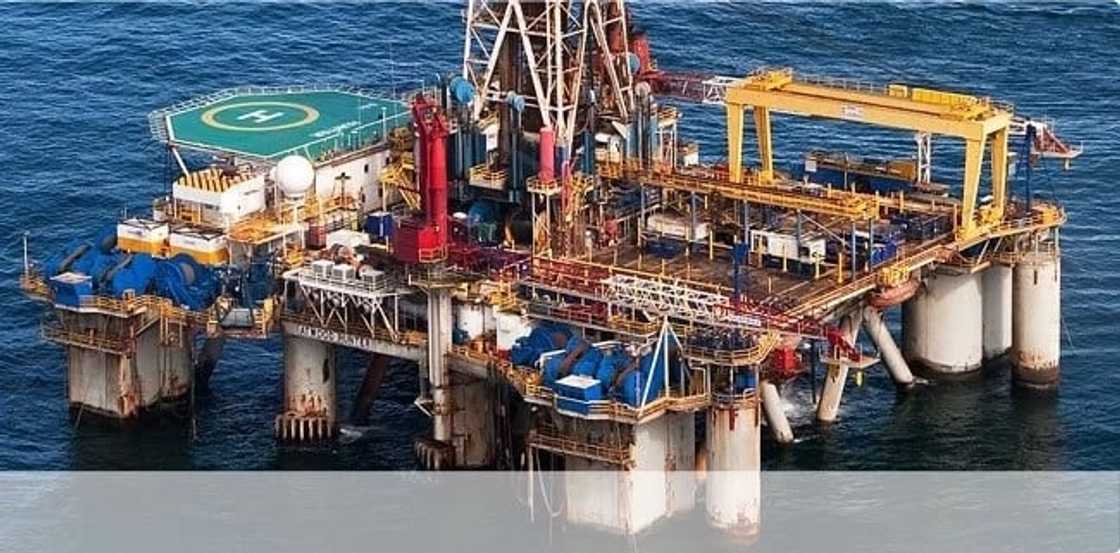
Oil has been mined in Ghana since the late 19th century. It is one of the most important natural resources not only in Ghana but also all around the whole world. It was not until the year 2008 that commercially viable deposits of crude oil were discovered in Ghana. They were discovered by the company called Kosmos Energy LLC. The deposits were believed to be about 6 million barrels. In 2010 production commenced. The next year, the oil production had reached a high of 1.9 million barrels. Before the exploitation of oil in Ghana, the oil was imported. All the oil that was imported into the country was refined at the Tema Oil Refinery. This was excluding the oil destined for the Takoradi thermal power-plant.
The oil deposits in Ghana are believed to be the 6th largest in Africa. In the world, the oil in Ghana is believed to be at number 25 of the largest oil reserves. For this reason, Ghana has been producing large quantities of crude oil and natural gas per day.
4. Manganese in Ghana
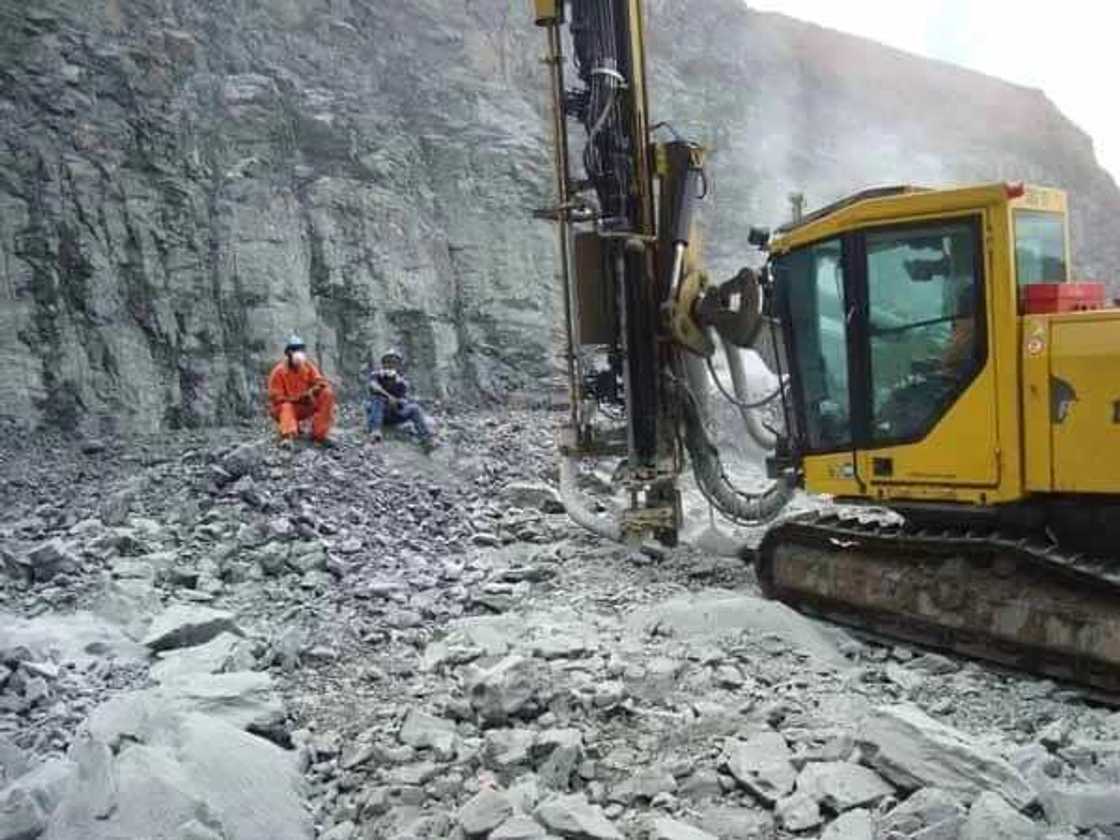
Ghana is considered as one of the major exporters of manganese in the world. The exploration of manganese in Ghana can be traced back to the early 1970s. Since then, the exploitation of this mineral has continued all over the country. The manganese from Ghana is exported to various foreign and especially European countries where it is put into use.
Uses of manganese
Manganese has several uses. One of the uses of this precious mineral is the purification of steel. This mineral is introduced to steel to help rid the steel of excess sulphur, phosphorus and oxygen to improve the ability of the steel to be shaped to desired models.
Manganese is also used in aluminium alloys. The ability of the mineral to improve the resistance of corrosion makes it very resourceful in creating aluminium alloys.
READ ALSO: Best Investment Companies in Ghana
5. Cement
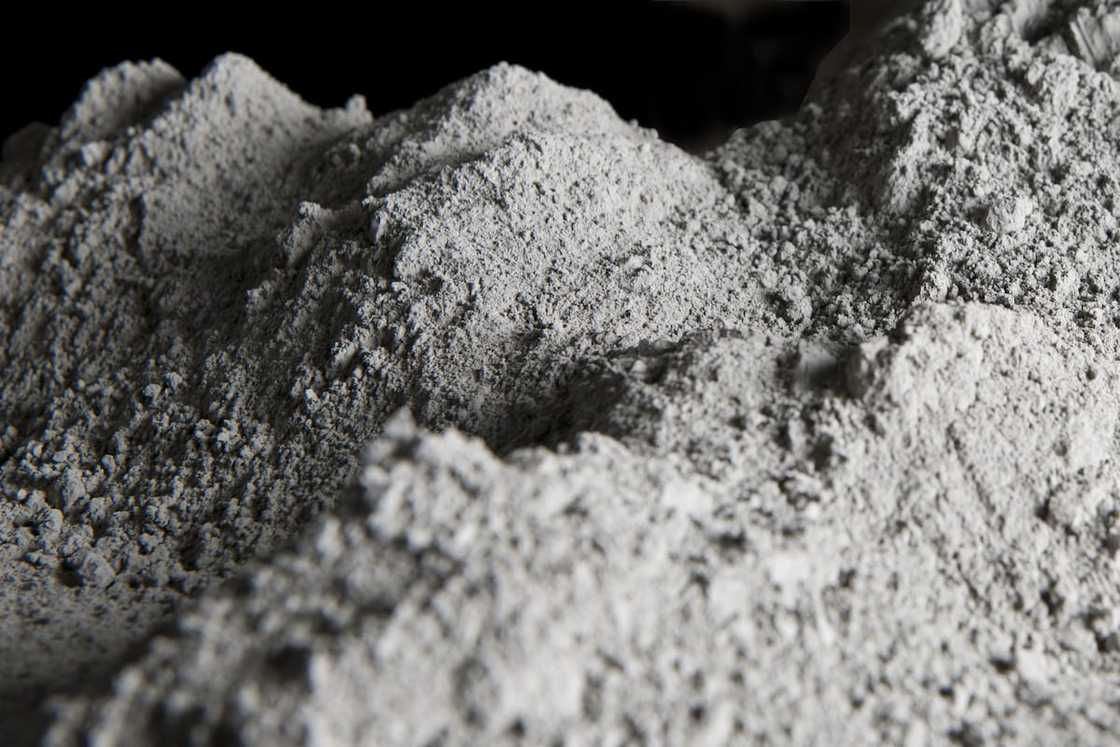
Ghana was mostly importing cement. However, there have been some steps that have been taken by The Building and Road Institute of the Council for Scientific and Industrial Research of Ghana to examine the possibility of producing cement in Ghana. They went ahead to test the possibility of creating cement from the bauxite mining waste.
6. Aluminium

Aluminium is another important mineral in Ghana. It is one of those types of natural resources that are in high demand all around the world due to its many uses. This can be derived from the fact that the government in 2005 looked to improve the exploits of the mineral by signing a memorandum of understanding to develop the industry including also putting in place infrastructure and improving the rail transport to help in the transportation of the mineral. The deal would also include the improvement of bauxite mining, alumina refining and aluminium production. This deal was seen as a stepping stone in the revival of the five existing potlines at the idled Valco smelter, that is said to have a capacity to produce about 120,000 metric tonnes of aluminium per year. The government also wanted to have a stake in the mining of aluminium. It, therefore, acquired its stake in the company that does the mining in Ghana.
Uses of Aluminum
Aluminium has several uses. Some of them include:
- Transport – Aluminum is used in the making of various transportation modes. For example, aeroplanes, trucks, rail cars, ships, bicycles and even the spaceships.
- Aluminium is used in the creation of aluminium foils used to package food and also in making soda cans
- There are several things used in construction that are made by aluminium including windows, roofs and building wires.
- Some electronic materials are coated using aluminium.
- Some musical instruments, like guitars, are made using aluminium.
- It is used in the making of making cooking utensils. This is because aluminium is very resistant to corrosion and it is very light.
Effects of the natural resources

Natural resources have a lot of positive as well as negative effects. Some of the positive effects of natural resources include;
Creation of employment – the companies that seek to exploit natural resources need a workforce and for this reason, they seek to employ the local citizens.
Improvement of the economy – natural resources are harnessed and for a country like Ghana, they are exported. The exporting of these natural resources bring an income to the government and this leads to increased capital for the government to continue with the improvement of the economy.
Just as the exploitation of these resources come with positive effects, there can also be negative effects. Some of the negative effects include pollution. Some unscrupulous companies do not take the environmental degradation that their activities may cause seriously. This, therefore, leads to them being negligent and in turn, they contribute to pollution.
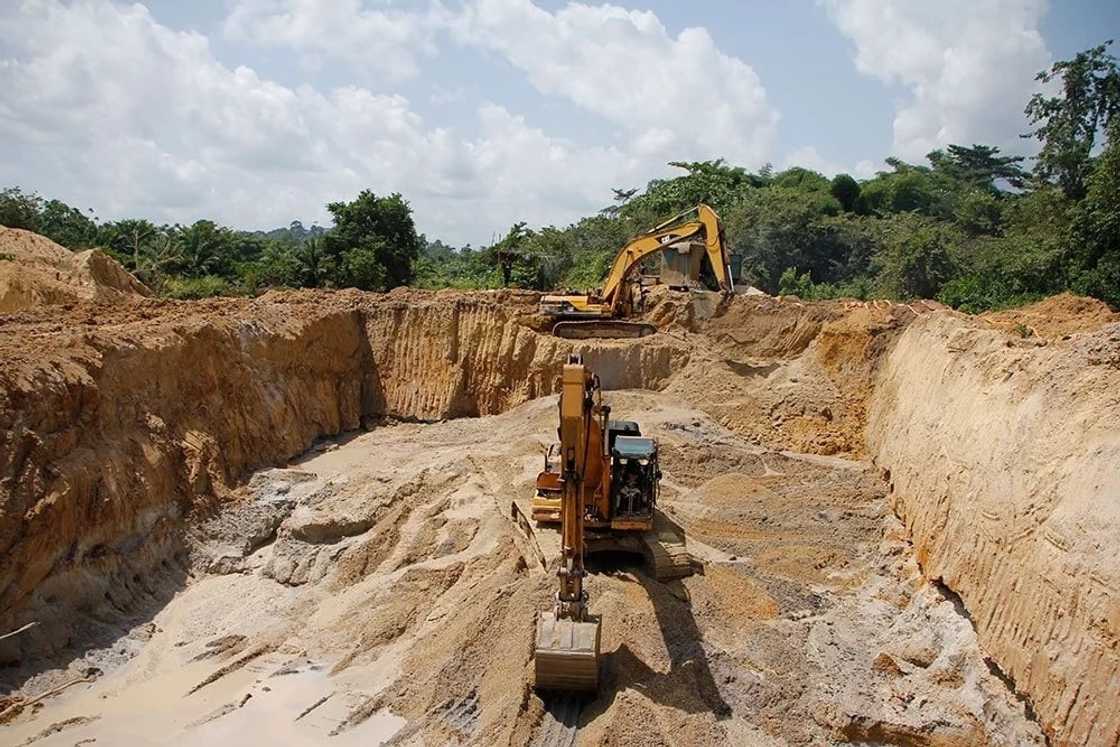
However, if the practice is not closely monitored, there is bound to be a large number of negative effects that may arise. For this reason, the Ghanaian government came up with the idea of forming a body to help deal with this situation. Thus the formation of the Ghana Environmental Protection Agency (EPA). This was tasked with the creation of rule and regulations to govern all the aspects of the environment. It was tasked with, among other things, working in conjunction with other government bodies and international bodies with an aim of ensuring the mining activities do not negatively affect the environment. This body is also responsible for
- Giving environmental permits to the industries and control pollution. conducting investigations into environmental issues
- Coordinating the activities of bodies concerned with the technical aspects of the environment for the purpose of controlling the generation, treatment, storage, transportation, and disposal of industrial waste
- Ensuring compliance with environmental impact assessment procedures
- Issuing environmental permits and pollution abatement notices
- Making recommendations to the Government for the protection of the environment
- Prescribing standards and guidelines related to the pollution of air, water, and land
- They also help in protecting and improving the quality of the environment
- Finally securing the control and prevention of discharge waste into the environment among several other functions
READ ALSO: List Of Mining Companies In Ghana 2018
Source: YEN.com.gh




